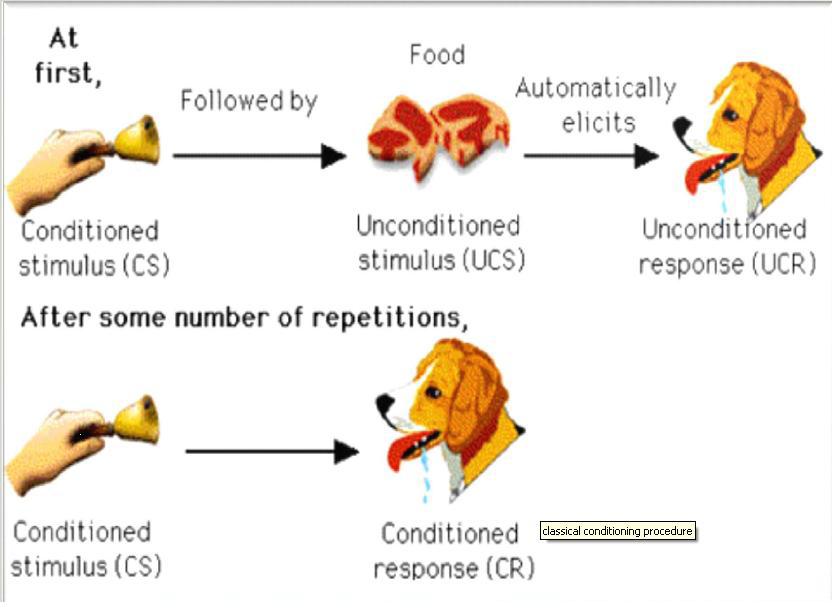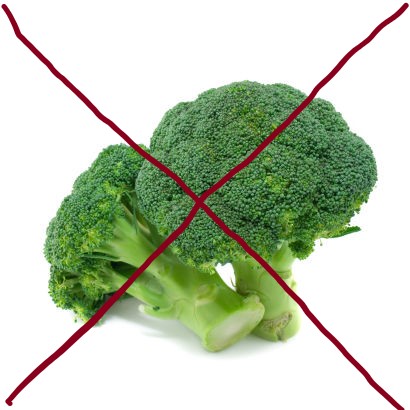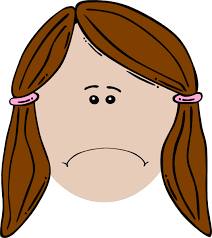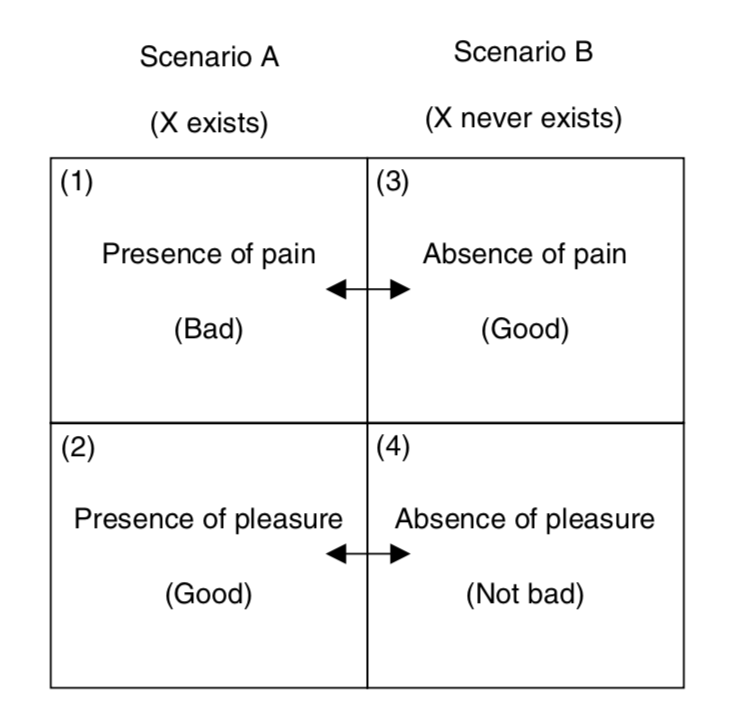The experience machine is a thought experiment meant to demonstrate that somehow, sentient organisms care about other things except escaping pain/maximizing pleasure, I believe this is fundamentally impossible.
As in, there’s a machine you can get into, and it will create greater pleasure than you get from living your current life with your family, friends, maybe partner, etc, and they would also be well taken care of without you, so it’s no big deal, just get in there and feel even better.
If we chase pleasure, why wouldn’t everyone get into that machine?
I think the answer is simple – because they’re delusional and therefore don’t actually believe the experience machine will give them more pleasure, so I don’t see how this experiment threatens the value theory of hedonism.
Humans learn by association, unless you are very systematic perhaps like some autistic people are, you likely don’t analyze the details of every situation as to what causes more or less suffering, you make rough associations between things, and I believe this explains fixation on deontology and virtue ethics over utilitarianism.
John saw his mom get raped by a guy with a red hat and leather jacket as a child, now he gets a panic attack whenever he sees a guy with a red hat and leather jacket in public because in his mind red hat and leather jacket=rape.
You see lying generally results in harm, so therefore you conclude that lying must always result in harm and tell the nazis the jews are in your basement. See, you did a good job there in your mind, you prevented lying so you prevented harm.
You see that ending human life generally results in harm, so therefore you conclude that ending human life must always result in harm and become a pro-lifer who cares about the non-existent welfare of non-conscious fertilized eggs and support anti-euthanasia laws to make sure that everyone suffers as much as possible from being forced to live and can’t escape.
One can have false intuitions/delusions about what will efficiently reduce suffering/maximize pleasure, the deluded religious terrorist thinks he must bomb the gay pride parade to stop these evil faggots from infesting society with AIDS. See, I’m saving all of you from going to hell by stopping these evil pro-AIDS propagandists from forcing you to have unprotected anal sex, this means we’ll all go to heaven later on, so it is the lesser of two evils.
The answer for the experience machine is no different – we make illogical associations.


You simply don’t associate the experience machine with pleasure, you associate the things you already have in your life with pleasure, like your girlfriend’s pussy or whatever it may be.
And then I come along and say see, I have a fancy experience machine here in my basement, you just have to get into it, and then you’re going to feel even more pleasure jizzing all over yourself all day than when you jizz in your girlfriend’s pussy – watching two hairy fat old men buttfucking all day, your life is going to be perfect.
Do you believe me?
Do you trust me?
Just get in there.
It sounds unrealistic, many simply would not believe me, and that’s the problem.
This doesn’t prove they’re not after more pleasure, this just proves that they don’t believe they will actually get more pleasure from getting into the experience machine.
I think the same reasoning can also explain why people are scared of death, reject negative utilitarian and antinatalist ideas of stopping procreation to stop suffering and don’t accept the epicurean view, i.e death isn’t a big deal because if you’re dead, you don’t notice that you’re dead, so it won’t be a big deal for you.
If someone doesn’t actually conceptualize non-existence as non-existence, but simply as a second existence without all the pleasures one could have in it, then what they are actually picturing is not non-existence but a maximal state of suffering, i.e zero pleasure.
In life, not having pleasures means to suffer.
You don’t eat, you hunger.
You don’t drink, you thirst.
You don’t shit, you constipate.
You don’t breathe, you suffocate.
You don’t jerk off, you get tense and frustrated.
You don’t socialize, you get lonely.
You don’t maximize your pleasure, you start to suffer. But this is only when you exist, not when you don’t exist.
And I find it questionable if people actually even comprehend that, we have a hard time picturing not existing, so what we might end up imagining is not nothingness but simply an existence where you are deprived of all goods, floating around as a disgruntled ghost missing out on all the earthly pleasures you could have had, had you stayed alive.
Pro-lifers and pro-natalists somewhat reveal this thought process all the time when they ridicule the antinatalist’s risk-aversion, they say along the lines of:
”Ah, so we shouldn’t breed children so we don’t risk their suffering, but that’s idiotic, because we gotta take risks in life all the time, life without risk would just be boring! You get in the car, you might get into an accident. You sit in the sun, you might get skin cancer.”
Yes, in life. If you’re actually going to live life and not take any risks in it, what results is a life of boredom, which is suffering, which repels you, so you don’t accept such a life and take some amount of risk, if you avoided driving altogether, you’d suffer from not being able to move effectively through society anymore.
You might be imagining the downsides of not taking any risks in life, which is crushing boredom, and then project this onto non-existence, but non-existence is a different ”scenario” altogether in which absolutely no one is experiencing any level of boredom from not having any risks taken on their behalf, so then in that case, there is no problem, the problem is you delusionally picturing non-existence as a second existence filled with the suffering of boredom.
So just like not getting into the experience machine doesn’t prove you’re not after more pleasure, someone objecting to non-existence doesn’t prove they’re not trying to avoid pain, one can simply have misguided intuitions about still continuing to live in a suffering state after one died like ”But what if death isn’t the end and what comes after is even worse??? How do I know that if I smash my computer (brain) with a sledgehammer, the data (consciousness) isn’t still somehow invisibly floating around in the air?”.
Dying and death are also close to each other, though different, and the dying process is often painful and scary for us, so of course, if we associate death with that, we become irrationally scared of death, which is just a harmless ”state” of non-existence though, and we may then make the connection that what happened before our birth was also non-existence, so we become just as scared of that as of the non-existence after we died, non-existence is scary.
As in, you equate painful dying with death itself, and you equate death (non-existence) with not being born (non-existence), so you end up delusionally imagining that you need to be born in order to avoid the horrible pains of dying, which is just that – delusional, if anything not being born is the only thing rescuing from the process of decaying and dying.
I don’t think it’s possible for any other value theory to be true, everything is about sensation.
If you care about doing anything, it is because you believe it will reduce suffering/maximize pleasure in others or in yourself.
Even if a deontologist still wouldn’t lie in a case where the nazis are ringing on their door and ask them if the jews are in their basement, all that proves is that lying is making this deontologist suffer so intensely that they abstain from it in order to avoid suffering. So in that sense, I don’t even think there is a real deontologist.
You’re authoritarian, because you believe an authoritarian approach reduces suffering in the world, or even if you’re shown evidence it doesn’t, you just personally get off on domination and power play stuff.
You’re libertarian, because you believe a libertarian approach reduces suffering in the world, or even if you’re shown evidence it doesn’t, you just personally get off on being as free as possible.
You’re religious because you’re deluded and really believe heaven and hell exist, or you at least think that having this view integrated into society will give people a morality to follow and thus reduce suffering, or even if you’re shown evidence it doesn’t lead to that, you just personally get off on living this fairytale.
So on and so forth. If you know that following a given morality does not efficiently reduce suffering in the world, what reason could there possibly be for you still following it except that it reduces suffering in you to follow it? I don’t think there is any, everything’s about sensation.







